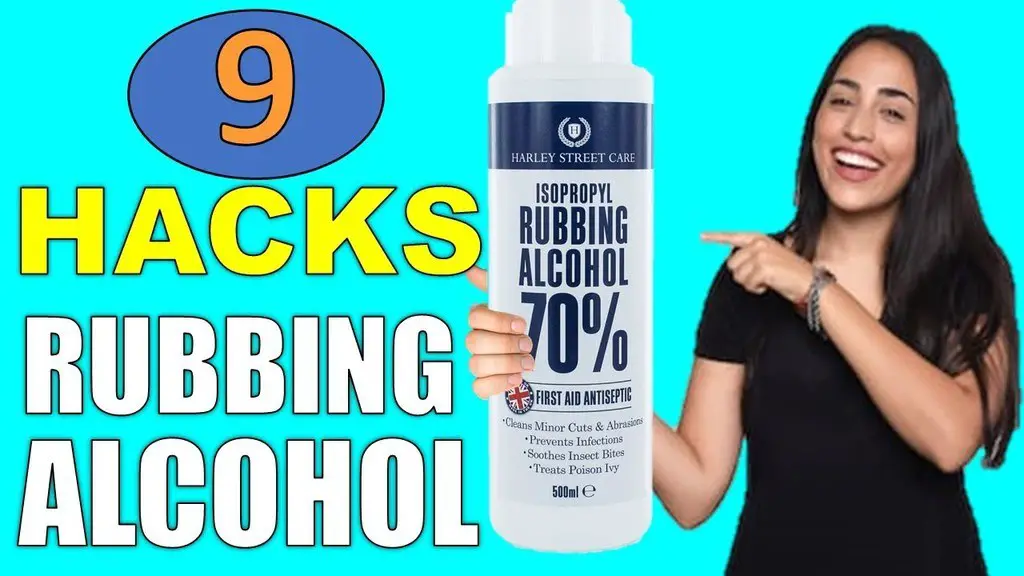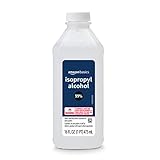Rubbing alcohol, otherwise known as isopropyl alcohol, is commonly used in the home. It might seem a bit old-fashioned nowadays, but it’s still used widely for household cleaning and health purposes today.
Medical Uses
There are numerous benefits to having a bottle of rubbing alcohol in your personal first aid kit. You can use it for a broad range of medical purposes, including:
1. As an antiseptic
Studies have found that rubbing alcohol is a natural bactericidal treatment, which is essentially a fancy way of saying it has the power to kill bacteria but doesn’t necessarily prevent their growth. As an added bonus, rubbing alcohol is also effective in killing fungus and viruses.
For this to work, though, you’ll need to use a rubbing alcohol concentration of 50 percent solution or above. Any lower, and there’s no guarantee the formula will effectively kill off bacteria.
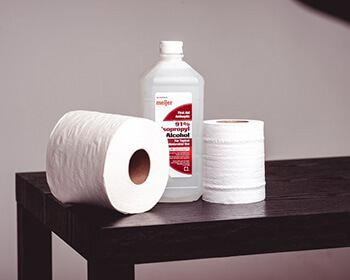
2. To ward off nausea
If you’re hit with a sudden bout of sickness, instead of reaching for your usual anti-nausea medication, you might want to try rubbing alcohol instead. According to a medical review, inhaling rubbing alcohol works 50 times more effective in treating nausea than actual nausea medication.
Just soak a bit of the solution on a cotton ball and hold it under your nose for long enough for nausea to pass.
3. To disinfect surfaces
Medical facilities still use rubbing alcohol today to disinfect surfaces and other important medical items, like scalpels, scissors, and thermometers. That said, this solution isn’t commonly used on its own in hospitals, as it’s not often considered reliable enough to be seen as hospital-grade.
It’s also quite damaging to the outer coatings on some items, so it should be used with caution.
Home Health
Even if you’re not using rubbing alcohol to directly treat a symptom or injury, you can still benefit from it for home health purposes. You can use rubbing alcohol for:
1. Reducing pores
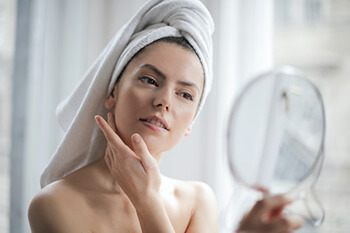
Rubbing alcohol is a natural astringent, which essentially means it can help to tighten pores, reducing the build-up of dirt and oil, and leaving your skin feeling refreshed. Applying rubbing alcohol to your skin after cleansing and before applying moisturizer can prevent acne breakouts and improve your skin’s smoothness.
Keep in mind that rubbing alcohol can be very drying to the skin, so it’s best not to use it on dry areas. Unsurprisingly, it’ll also cause a burning sensation if you try to apply it to areas of acne.
2. Keeping you smelling fresh
If you’re out of deodorant, don’t despair! You don’t need to lock yourself away out of fear of knocking everyone out with your lingering odour.
Rubbing alcohol is an effective home remedy for a deodorant that actually works. You can add it to a spray bottle and spritz it directly on your armpits, but be sure not to do this after shaving, or it will sting quite badly.
You might also want to mix essential oils like lavender with rubbing alcohol to give your natural deodorant an invigorating scent.
3. Evaporating ear water
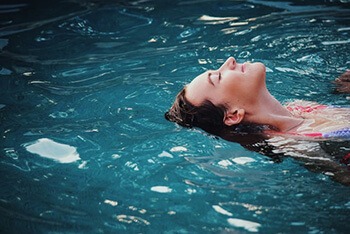
If you’ve ever swam underwater in the pool or the sea, you’ll know how horrible it feels for your ear to stay clogged with water long after you’ve dried off. This can be more than just an annoyance, too – the bacteria in seawater, in particular, may reside in your ear and lead to an infection.
4. Applying to aching muscles
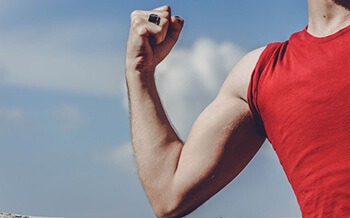
Whether you’ve had too many long days at work, you’ve worked out hard at the gym, or you’re simply suffering from general aches and pains, rubbing alcohol might be exactly what you need to soothe your aching muscles. When you apply an alcohol-soaked cloth to an area of pain, it’ll produce a cooling sensation that will stimulate blood flow to the aching areas.
You should feel a nice relief from pain after applying the alcohol, but be careful not to overdo it – your skin will soak up the alcohol, which can cause some pretty nasty effects if you were to put it all over your body.
5. Removing tics
It’s never a pleasant experience when a tic burrows into your skin, and the aim is to remove it as quickly as possible. You’re more likely to find tics on your dog or cat, and they can then transfer over to you.
Applying rubbing alcohol to the tic before you remove it should help to loosen the hold the tick has on the skin. You should then be able to pull the tic out almost immediately. Once the tic is gone, apply more rubbing alcohol to disinfect the site.
Household cleaning
Rubbing alcohol is most favoured for its cleaning benefits around the home. If you’ve got a spare bottle of the stuff lying around, there are plenty of ways to put it to use, including:
1. Cleaning blinds
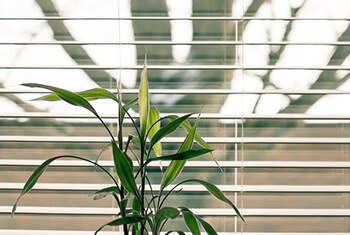
Blinds are particularly tricky to clean – but not if you use the right formula and the best technique. Try wrapping an alcohol-soaked cloth around a spatula, then place a rubber band around the cloth to hold it in place.
Use the spatula to clean between the slats of blinds. You should see an improvement almost immediately.
2. Cleaning makeup brushes
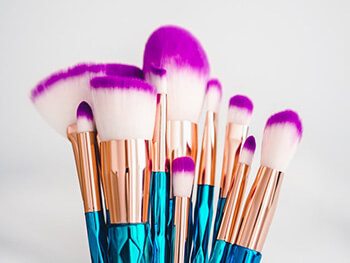
It’s easy to forget just how dirty makeup brushes can get overtime. Even if you can’t see the dirt, the bacteria from your skin can transfer over to your brushes and linger.
You can harness alcohol’s disinfectant properties to clean your makeup brushes. Simply pour some rubbing alcohol into a cup and dip your makeup brushes into the liquid one by one.
Shake them around for a few seconds to allow the alcohol to work its way into the brush, then rinse the brush with lukewarm water and place it on a towel to dry.
3. Deodorizing shoes
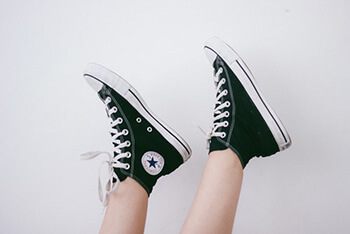
Nobody likes a smelly shoe, but it’s inevitable that shoes that are often worn will eventually take on a not-so-pleasant odour. Even spraying commercial deodorant onto your shoes may not do the trick, and that’s where you’ll need the help of rubbing alcohol.
Add some to a spray bottle and spritz it into the soles of your shoes. Ideally, you should then leave them out in the sun to fully dry, which will further aid the alcohol in killing bacteria.
4. Disinfecting a computer mouse and keyboard
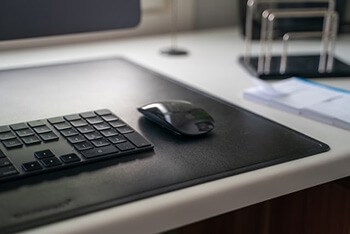
Think about just how often you use your computer, especially if you work on it. You’ve probably used it at all times of the day, even while you’re snacking on messy foods. Unsurprisingly, there have been all sorts of horror statistics that say your computer is actually dirtier than your toilet – and whether these are actually true or not, it’s worth taking preventative measures with rubbing alcohol.
As a disinfectant, 90 percent or greater rubbing alcohol can make for a quickly evaporating cleaner for your computer mouse and keyboard. Apply using a cotton swab.
5. Dissolving windshield frost
The winter mornings bring their own frustrations in the name of windshield frost. Suddenly, your morning commute is extended by half an hour while you attempt to scrub away at the ice.
If you want a faster and easier solution, try mixing up a quick defrosting solution by combining one part water and two parts 70 percent rubbing alcohol in a spray bottle. When you spray this on the windshield, it will make the frost easier to remove.
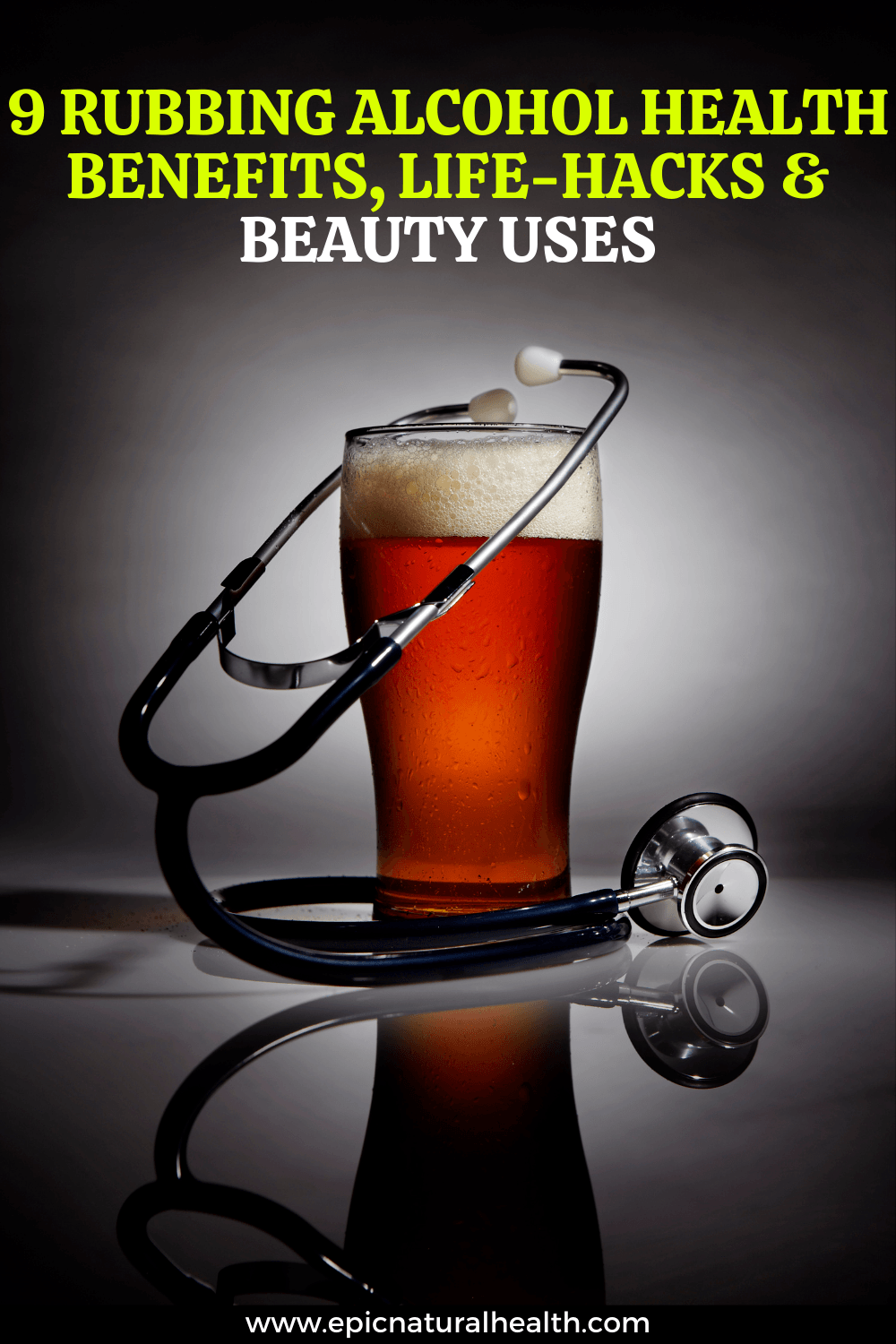
6. Disinfecting your whole home
Rubbing alcohol isn’t just a good electronics disinfectant – you can make up your own formula to use in almost every area of your home. You’ll be able to clean most surfaces by spraying or wiping rubbing alcohol directly onto them, or mixing rubbing alcohol with water for a less concentrated solution if you prefer.
Keep in mind that you shouldn’t apply alcohol to permeable materials like quartz and granite, as it could damage them in the long run.
7. Cleaning jewellery
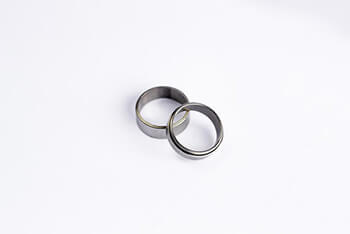
While jewellery looks stunning when you first purchase it, over time, it can start to lose some of its shine. You don’t need to take your dull and dirty jewellery to a professional cleaner, though – using rubbing alcohol at home will be just as effective.
When your rings, bracelets, and other jewellery have lost their lustre, soaking them in rubbing alcohol will improve their appearance massively. Finish by wiping them off with a clean cloth to achieve a glimmering shine.
8. Giving old sponges a new life
The slightly off-putting thing about cleaning sponges is that they absorb water from the surfaces they’re used on, which means that over time, they’ll become full of bacteria and other harmful microorganisms. There’s no way to actually avoid this during cleaning, but there’s no reason to throw your old sponges away after several uses.
Instead, give them a new lease of life by soaking them in rubbing alcohol can help to disinfect them, making them ready for re-use.
9. Removing ink stains
If you have children in your household, or you’re just a messy adult, you’ll probably need to deal with ink and permanent marker stains in places they shouldn’t be. Whether it’s on your clothes or a surface in your home, rubbing alcohol can nearly always eliminate the problem.
Soak the stained area in rubbing alcohol for several minutes. If the stain is on clothes, follow up by washing the garment on your usual washing cycle.
What not to use rubbing alcohol for

Some people claim that rubbing alcohol can be used in situations where it would probably cause more harm than good. For example, using rubbing alcohol on areas of acne on your skin is never a good idea, and may worsen blemishes or breakouts.
You also shouldn’t apply rubbing alcohol to your scalp to kill head lice, as it can leave chemical burns on your skin. Look for remedies that are less harsh, like lice shampoos. Finally, never take a bath in rubbing alcohol, as your body could absorb the alcohol, which would lead to toxic symptoms, including neurological and heart problems.
Conclusion
Rubbing alcohol is one of the best remedies to keep in your home for health, medical and cleaning purposes. Remember, though – it isn’t suitable for all circumstances in your home, and you need to take care that you don’t use too much of it at once.
It’s always best to consult your doctor for any health ailment if you’re not sure rubbing alcohol will treat it. After all, it may be highly beneficial, but it’s not a miracle worker.
Below are some of the most popular Rubbing alcohol products if you need to buy some!
- 99% Isopropyl alcohol is not intended for use on the skin
- Wash face, hands and any exposed skin thoroughly after handling product
- Do not eat, drink or smoke when using this product
- When using this product, wear protective gloves/protective clothing/eye protection/face protection Twelve 16-fluid ounce bottles
- One 16 fluid ounce bottle of 70% ethyl rubbing alcohol first aid antiseptic
- Packaging is transitioning and may vary from picture
- Contains 70% ethyl alcohol for treatment of minor cuts, scrapes and burns
- For external use only
- 32-fluid ounce bottle of first aid antiseptic
- First aid to help prevent risk of infection from minor cuts, scrapes and burns
- Active ingredient: 91% isopropyl alcohol
- Packaging may vary from images shown
- First aid to help prevent risk of infection from minor cuts, scrapes and burns
- Active ingredient: 91% isopropyl alcohol
- First aid antiseptic for treatment of minor cuts and scrapes
- Not made with natural rubber latex

